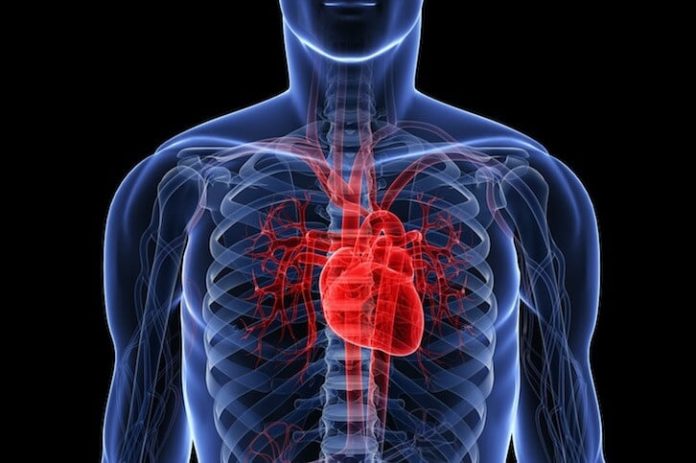
Estrogen is important for your heart. A low level of estrogen level has been correlated with heart disease, and those who live to an older age will likely experience estrogen issues. Hormone substitution can be frightening, but it may also be a proven method to reduce risk of heart disease. Over the counter estrogen supplements are available, but they can sometimes be insufficient in raising your estrogen to an optimum level. It’s not just a hormone useful in fertility. It can also keep us healthy later in life.
While sex hormones decrease with aging, estrogen is useful for more than sex and reproduction. Studies have discovered that women taking estrogen have a lower risk of heart disease compared to men of the age. Researchers concluded that estrogen is the reason. It also supports HDLs, or high-density lipoproteins more commonly known as “good” cholesterol. Estrogen also benefits the circulatory system. This research was conducted on women in their twenties, thirties, and forties, and it was found that estrogen levels were correlated with improved heart health, reducing the risk of heart disease and heart-related issues.
However, after menopause, estrogen levels drop, and the risk of heart disease increases. While pre-menopausal women had lower HDL-levels, lower blood pressure, and less risk for heart disease when contrasted to men of a similar age, post-menopausal women had equal risk of heart disease, high cholesterol, and hypertension as men in their age group. This illustrates how essential estrogen is for a healthy heart.
Hormone substitution treatment is available for post-menopausal women. Many women take a blend of estrogen and progesterone, while ladies who have undergone hysterectomies take only estrogen. The shot can be intimidating–causing many to opt out. For others, the risks outweigh the benefits. While hormone therapy alone doesn’t prevent hypertension, high cholesterol, or heart disease, it can help individuals who suffer from menopause manage hot flashes, cold sweats, sleep disorders, and mood swings.
There is some debate with hormone treatment, however. Many believe that there is a higher risk of cancer. This is worth considering, and it is important to talk to your primary care physician when considering hormone replacement therapies, especially if you have a family history of breast or ovarian cancer. This treatment can help many people keep a healthy heart at advanced ages, but for others, the risks may be too high a cost.










